Wikileaks hit by 'denial of service attack'
On the day it began leaking US embassy cable communications, Wikileaks says it was hit by hackers.
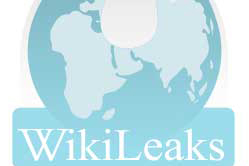

Wikileaks claimed to have been hit by a "mass distributed denial of service attack" yesterday.
The revelation came over the organisation's Twitter page on the day Wikileaks started to release a range of US Embassy cable communications.
The released data includes cables from 1966 up to the end of February 2010, covering confidential communications between 274 embassies in countries across the world and the US.
Wikileaks' website is now up and running as it continues to leak documents.
A hacker going by the name of th3j35t3r' claimed over Twitter to have been responsible for taking down the website.
Administrations across the world have raised concerns about the fallout of the leaks, with the US condemning the actions of Wikileaks, claiming the lives of diplomats have been placed at risk.
Julian Assange, Wikileaks founder, countered by claiming US authorities were worried about being held to account.
Get the ITPro daily newsletter
Sign up today and you will receive a free copy of our Future Focus 2025 report - the leading guidance on AI, cybersecurity and other IT challenges as per 700+ senior executives
China hack
Although the documents have not been fully released yet, as they will be trickled out over the coming months, some information has emerged.
One document, picked up by the New York Times, claimed to cover communications from a Chinese contact telling the American Embassy in Beijing that China's Politburo had ordered a hack attack on Google.
The cable also reportedly suggested the Google hack formed part of a wider operation by the Chinese Government to breach systems including those of Western allies and US businesses.
According to the communications, the hacking work had been going on since 2002.
Google had threatened to leave China altogether earlier this year following claims the search giant had been hit by hack emanating from the emerging economic superpower. Google also cited issues with censorship controls in the country as a reason for potentially pulling out.
David Harley, senior research fellow at ESET, still had reservations about the provenance and motivations behind the attack.
"While Wikileaks has turned up some interesting comment from government officials, it would be naive to assume that these people have the best understanding of what's really happening," Harley told IT PRO.
"We do know that there's been quite a lot of samurai (hackers-for-hire) activity out of China for quite a few years, targeting both military and commercial enterprises, and some of that is claimed (in some cases, by the perpetrators) to have been state or military-sponsored, so given the difficulties between Google and China in the past year, we're clearly not looking at the flatly impossible."
Business message?
Nick Lowe, head of Western Europe sales for Check Point, said the fact that many workers had authorised access to the US Government network SIPRNET, from which the information was leaked, showed controls may not have been adequate.
"The fact that hundreds of thousands of authorised users had access to SIPRNET, and could download material to removable storage devices like memory sticks or DVDs, means there's huge potential for a breach - especially when the data written to the removable storage isn't encrypted," he added.
"Having policies alone on data security issues simply isn't enough. These have to be backed up by technology that applies security automatically, so that users cannot tamper with or work around it. Otherwise leaks are simply inevitable."
Tom Brewster is currently an associate editor at Forbes and an award-winning journalist who covers cyber security, surveillance, and privacy. Starting his career at ITPro as a staff writer and working up to a senior staff writer role, Tom has been covering the tech industry for more than ten years and is considered one of the leading journalists in his specialism.
He is a proud alum of the University of Sheffield where he secured an undergraduate degree in English Literature before undertaking a certification from General Assembly in web development.
-
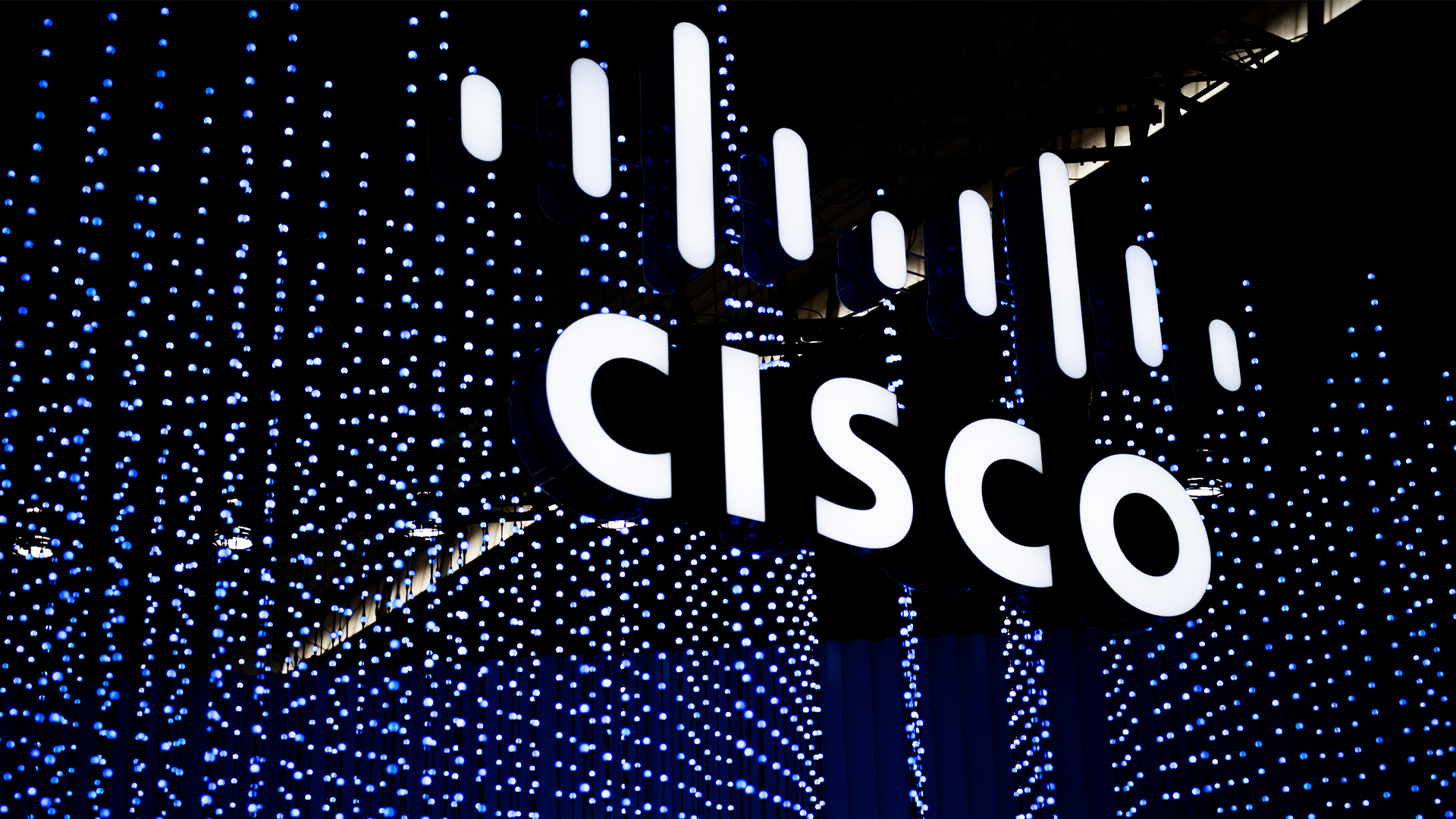 Cisco names Oliver Tuszik as global sales chief
Cisco names Oliver Tuszik as global sales chiefNews Cisco has announced the appointment of Oliver Tuszik as its new executive vice president of global sales, who replaces Gary Steele.
By Daniel Todd
-
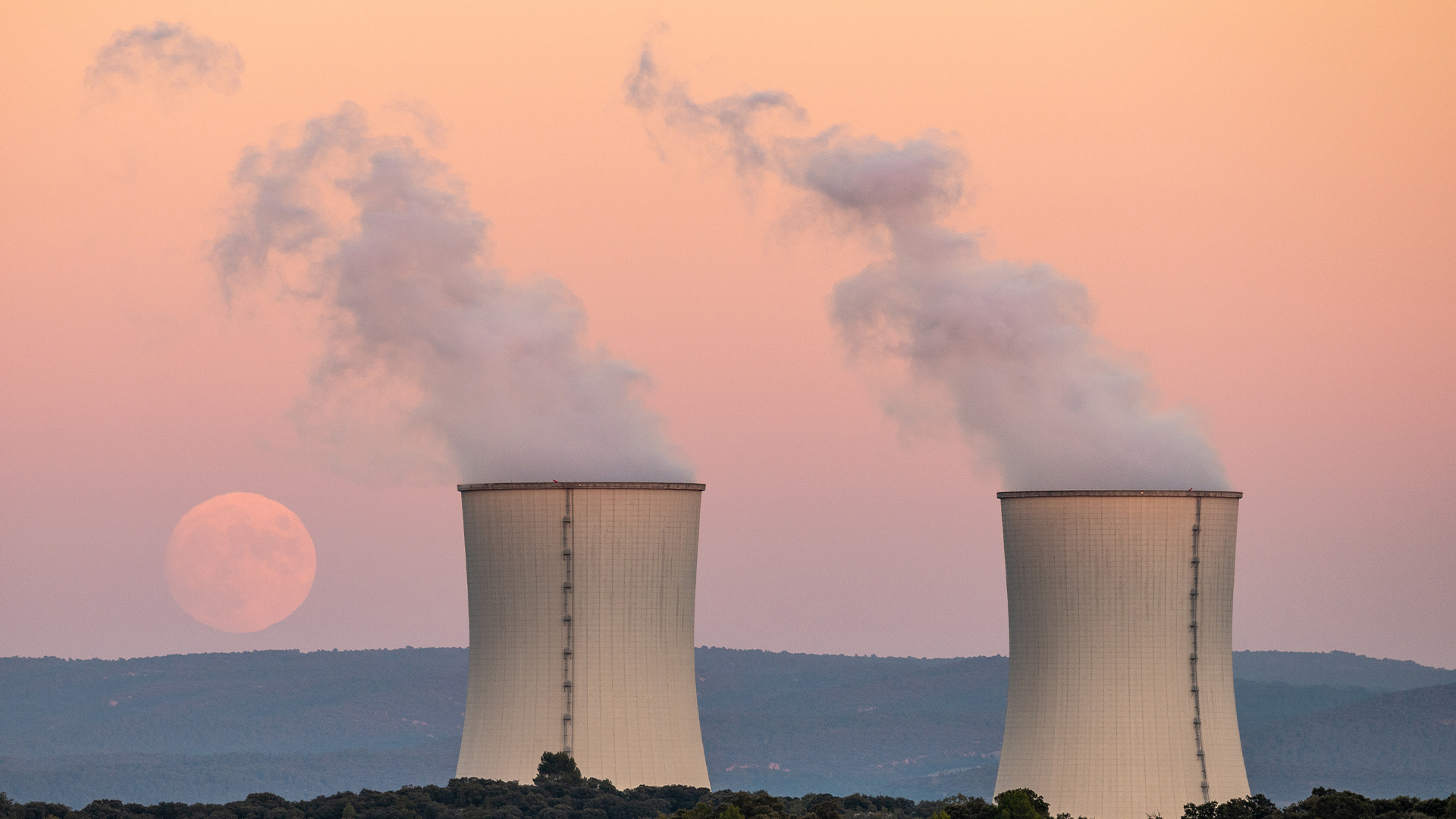 AI will chew through the same amount of energy as Japan by 2030
AI will chew through the same amount of energy as Japan by 2030News The energy demand of AI data centers will top that of Japan by the end of the decade, new research shows – and that’s providing that energy grids can even keep up.
By Nicole Kobie
-
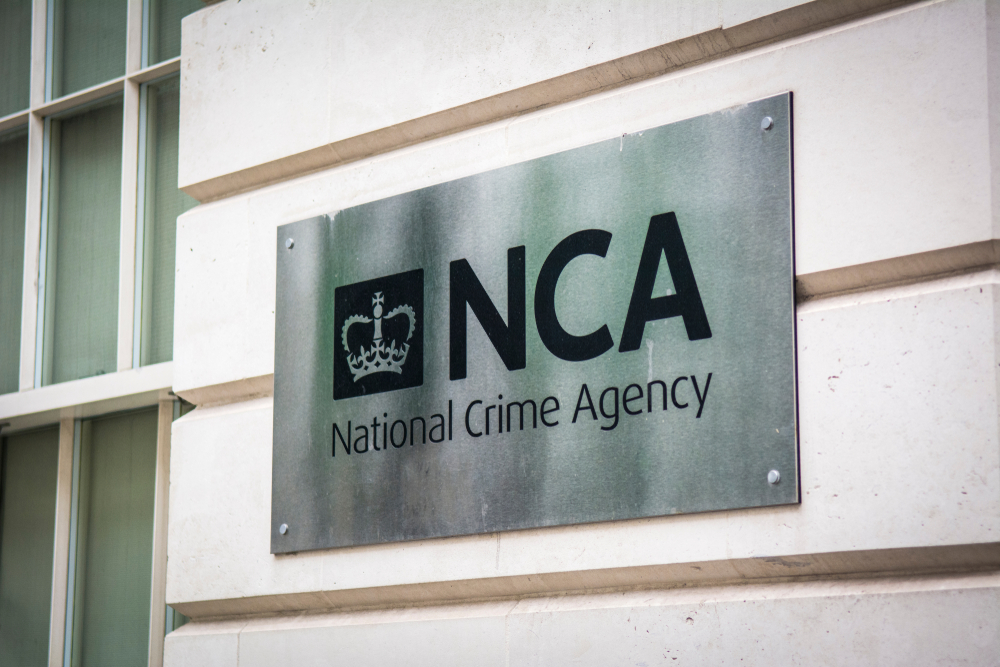 UK crime fighters wrangle “several thousand” potential cyber criminals in DDoS-for-hire honeypot
UK crime fighters wrangle “several thousand” potential cyber criminals in DDoS-for-hire honeypotNews The sting follows a recent crackdown on DDoS-for-hire services globally
By Ross Kelly
-
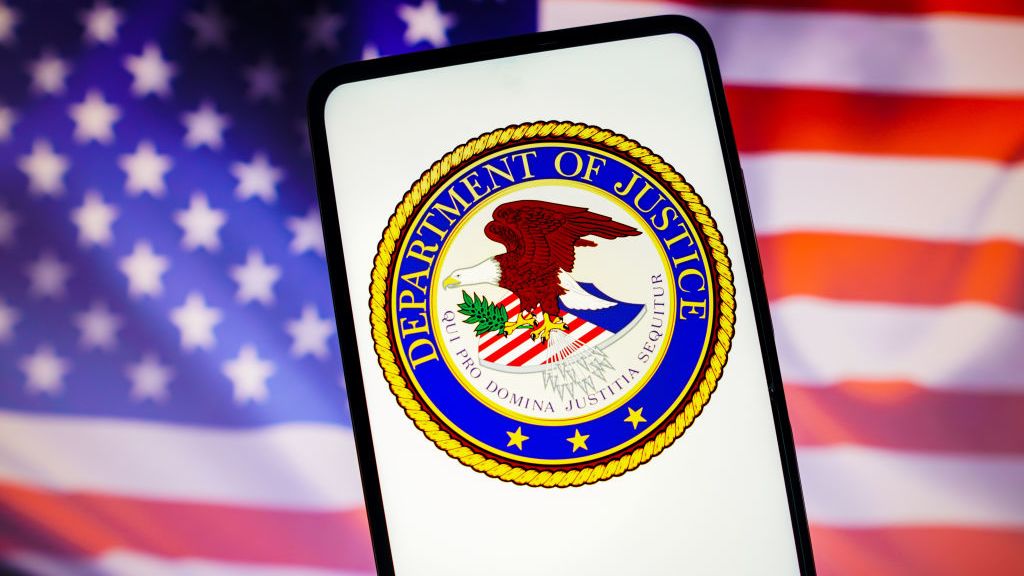 US begins seizure of 48 DDoS-for-hire services following global investigation
US begins seizure of 48 DDoS-for-hire services following global investigationNews Six people have been arrested who allegedly oversaw computer attacks launched using booters
By Zach Marzouk
-
 Will triple extortion ransomware truly take off?
Will triple extortion ransomware truly take off?In-depth Operators are now launching attacks with three extortion layers, but there are limitations to this model
By Connor Jones
-
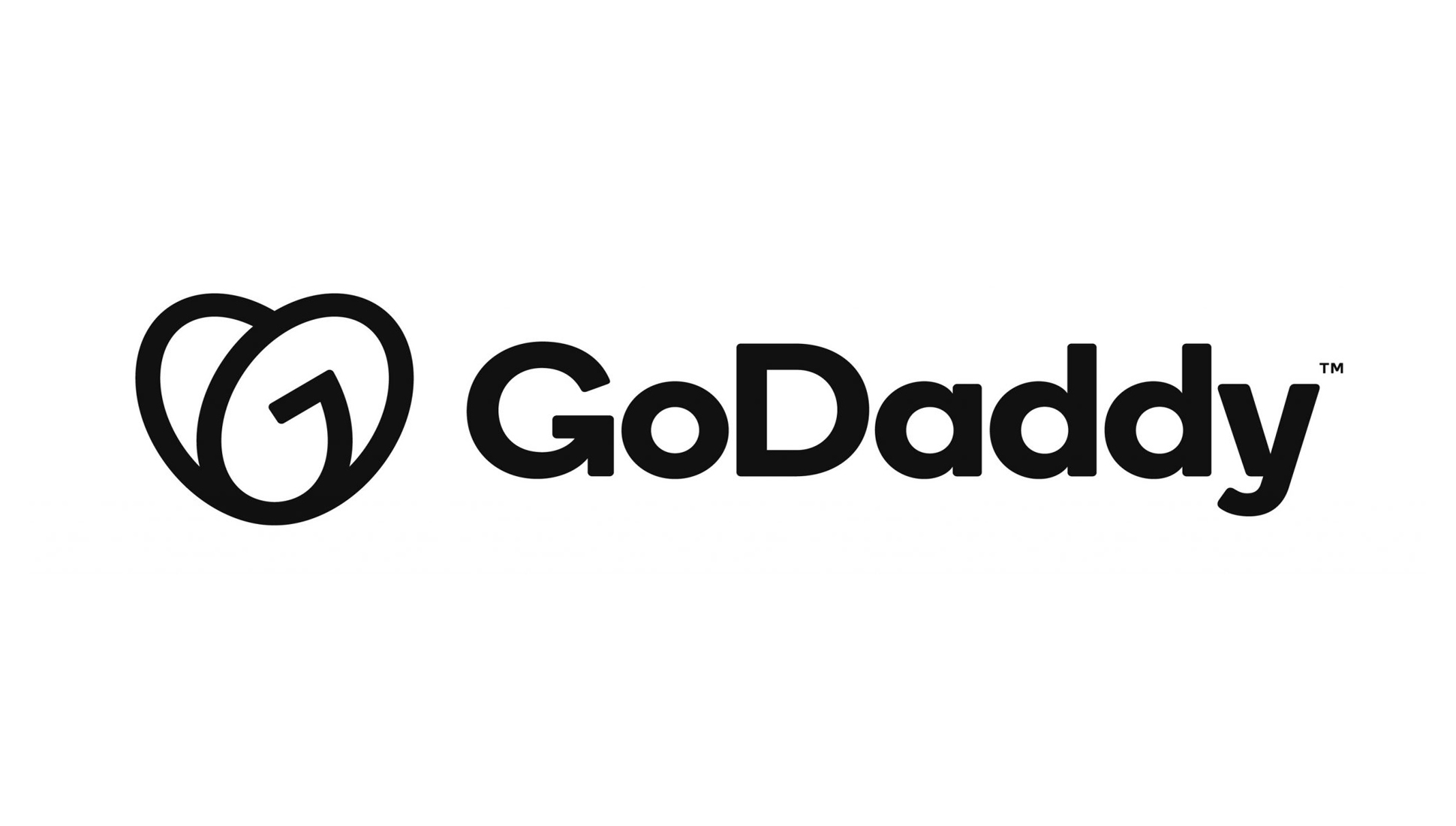 GoDaddy web hosting review
GoDaddy web hosting reviewReviews GoDaddy web hosting is backed by competitive prices and a beginner-friendly dashboard, and while popular, beware of hidden prices
By Daniel Blechynden
-
 Japan investigates potential Russian Killnet cyber attacks
Japan investigates potential Russian Killnet cyber attacksNews The hacker group has said it’s revolting against the country’s militarism and that it’s “kicking the samurai”
By Zach Marzouk
-
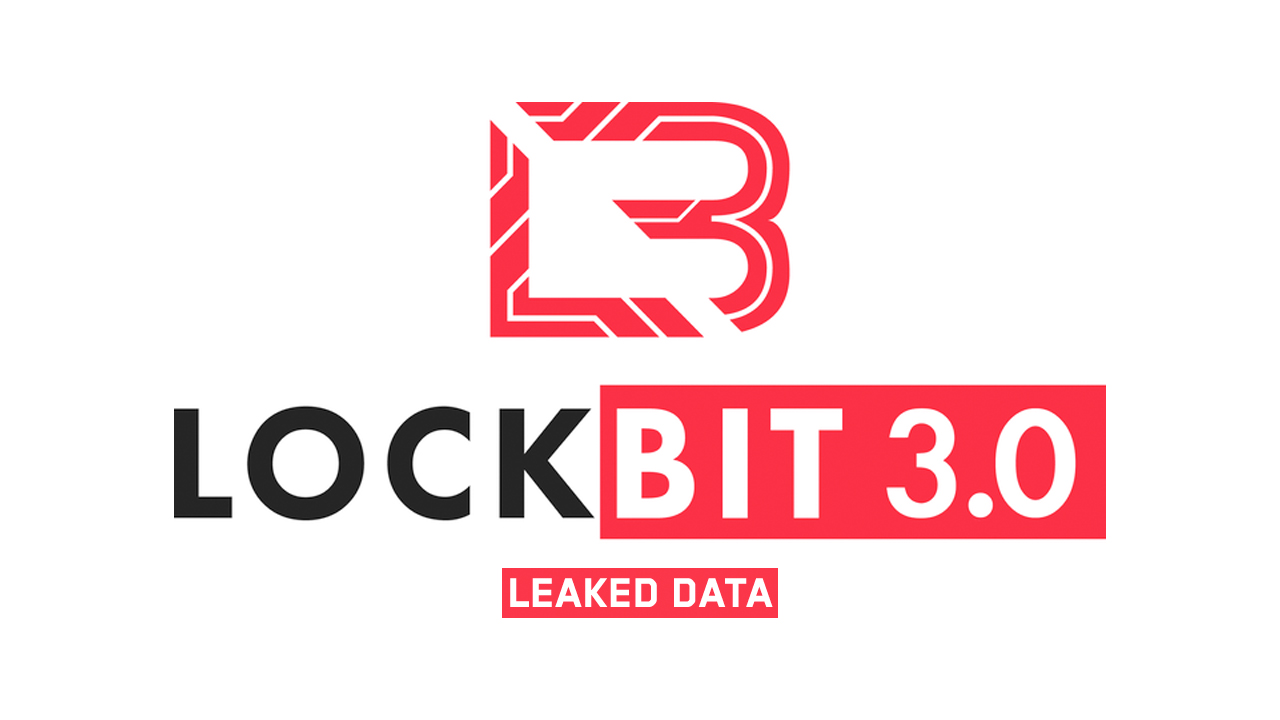 LockBit hacking group to be 'more aggressive' after falling victim to large-scale DDoS attack
LockBit hacking group to be 'more aggressive' after falling victim to large-scale DDoS attackNews The ransomware group is currently embroiled in a battle after it leaked data belonging to cyber security company Entrust
By Connor Jones
-
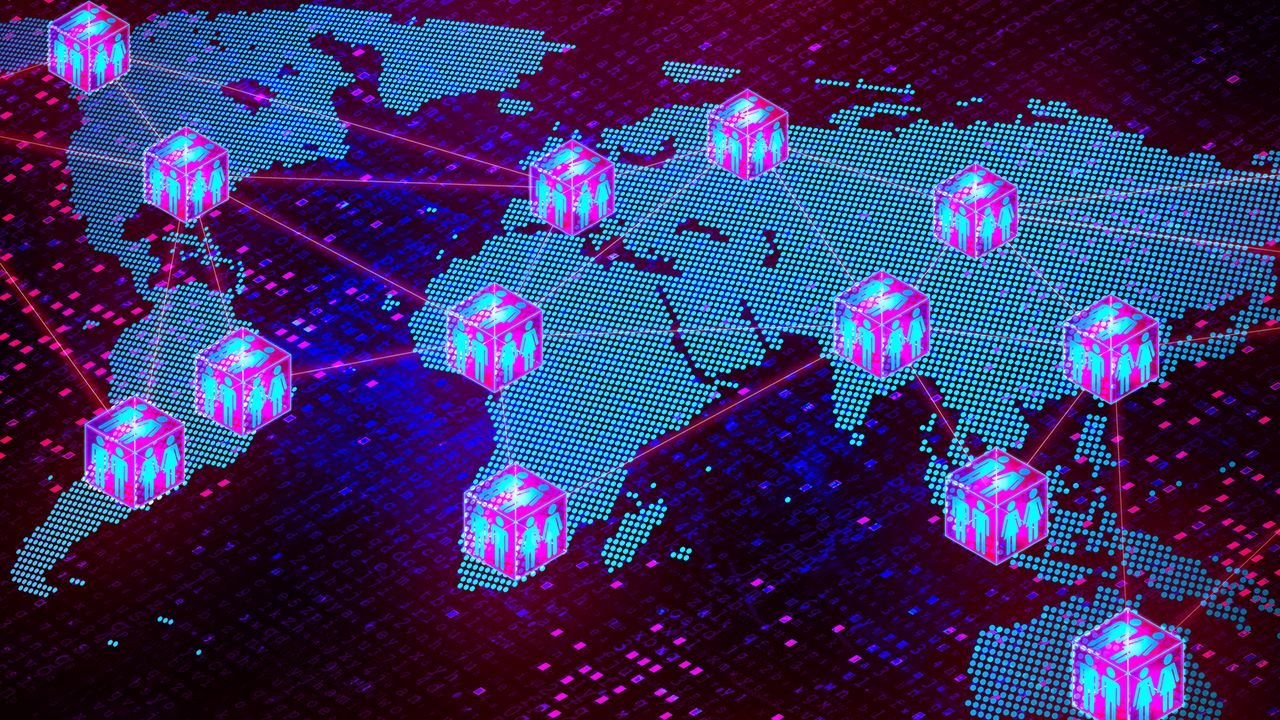 Record for the largest ever HTTPS DDoS attack smashed once again
Record for the largest ever HTTPS DDoS attack smashed once againNews The DDoS attack lasted 69 minutes and surpassed the previous record of 26 million RPS
By Praharsha Anand
-
 Cloudflare unveils new One Partner Program with zero trust at its core
Cloudflare unveils new One Partner Program with zero trust at its coreNews Cloudflare CEO Matthew Prince says the initiative aims to take the complexity out of zero trust architecture
By Daniel Todd